Describe the Cellular Basis for Immunological Memory
Some of the controversy stems from a failure to. Cunningham A J Publication Date.

Immunological Memory Biology For Majors Ii
B-cells and immunological memory.

. Median response time is 34 minutes for paid subscribers and may be longer for promotional offers. 5787769 Cell to cell interaction in the immune response. Want to see this answer and more.
The Cellular Basis for the Immunological Memory inproceedingsDresser2008TheCB titleThe Cellular Basis for the Immunological Memory authorDavid W. Memory cell immunology a LYMPHOCYTE that has had an initial exposure to a specific ANTIGEN and undergone limited proliferation so that it will respond more quickly than an unprimed lymphocyte when subsequently exposed to that antigen. Persistent and durable immunological memory forms the basis of any successful vaccination protocol.
Immunological memory is the ability of the immune system to respond more rapidly and effectively to pathogens that have been encountered previously and reflects the preexistence of a clonally expanded population of antigen-specific lymphocytes. Immunology 5621-632 1969 MED. The following three articles describe experiments aimed at.
The majority of newly generated B-cell clones mature and enlarge into antibody-producing plasma cells which release antibodies IgG into the blood Fig 2. A memory cell is an antigen-specific B or T lymphocyte that does not differentiate into an effector cell during the primary immune response but that can immediately become an effector cell on re-exposure to the same pathogen. Perhaps the most important consequence of an adaptive immune response is the establishment of a state of immunological memory.
The results show that memory cells can be derived from activated T cells and persist in the absence of antigen for at least 13 weeks. Generation of pre-existing memory B cell and T cell pools is thus the key for maintaining protective immunity to seasonal pandemic and avian influenza viruses. Moreover these cells share many features with memory T lymphocytes and memory NK cells.
And unlike most effector cells which die within. These memory cells lead to the differentiation of more plasma cells and memory B cells during secondary responses. After the pathogen is removed some of the lymphocytes continue to.
Describe the cellular basis for immunological memory. Studies on the cellular basis of IgM immunological memory. During a primary B cell immune response both antibody-secreting plasma cells and memory B cells are produced.
Some activate B cells dont become antibody-producing plasma cells but persist as long-lived but non-proliferating memory cells. These will circulate throughout the body and bind to and opsonise the pathogen when they encounter it marking it for destruction. Primed spleen cells taken from CBA or CBAT6T6 mice were cultured for 5.
As the infection is cleared and pathogenic stimuli subside the effector cells are no longer needed. Dresser and Neil Mitchison year2008. At the second time of infection these cells are stimulated by the same antigen they have memory of and then rapidly differentiate into antibody-producing plasma cells.
Memory cells Lymphocytes are produced in response to the specific antigens on a pathogen. Immunological memory may not represent a special characteristic of lymphocytes but simply reflect low-level responses driven by antigen that is re-encountered or persists within the host. Response times may vary by subject and question complexity.
Immunological memory is the ability of the immune system to quickly and specifically recognize an antigen that the body has previously encountered and initiate a corresponding immune response. Generally these are secondary tertiary and other subsequent immune responses to the same antigen. Recent findings have shown that group 2 innate lymphoid cells ILC2s can be classified as immunological memory cells.
Chromosomal marker analysis of single antibody-forming cells in reconstituted irradiated or thymectomized mice. Studies on the cellular basis of IgM immunological memory. Describe the cellular basis for immunological memory o Immunological memory.
Naive and memory T cells differ in that memory T cells give a more vigorous and sustained response than naive T cells. Thus immunological memory is generated during the primary response in part because the proliferation of antigen-stimulated naïve cells creates many memory cellsa process known as clonal expansionand in part because memory cells are able to respond more sensitively and rapidly to the same antigen than do naïve cells. Experts are waiting 247 to provide step-by-step solutions in as fast as 30 minutes.
The thymus is known to play a central part in the establishment of immunological competence. The immune system can remember sometimes for a lifetime the identity of a pathogen. STUDIES ON THE CELLULAR BASIS OF IgM IMMUNOLOGICAL MEMORY.
Long-lived antibody secreting cells ASCs are responsible for maintaining antibody levels in peripheral blood. STUDIES ON THE CELLULAR BASIS OF IgM IMMUNOLOGICAL MEMORY. T-cell memory is important to control persistent infections within the individual host and cannot be transmitted to offspring because of MHC polymorphism and MHC-restricted T-cell.
Immunological memory is responsible for the adaptive component of the. Such cells form the basis of immunological memory. Understanding how this is accomplished has fascinated immunologists and microbiologists for many years but there is still considerable debate regarding the mechanisms by which long-term immunity is maintained.
It is concluded that IgM immunological memory is carried by cells which are not producing plaques and reasons are discussed for supposing that memory cells and antibody-forming cells belong to separate cell lineages. Immunological memory and antibody formation appear to be properties of different cell lines. This follows from a demonstration that cells from spleens of mice primed with sheep erythrocytes are capable of inducing normally unresponsive bone marrow cells to produce specific antibody.
Responsible for the long-term protection that a prior infection or vaccination provides against many diseases o Secondary immune response relies on the reservoir of T and B memory cells generated following initial exposure to an antigen Because these cells are long-lived they.
23 2 Adaptive Immune Response Concepts Of Biology 1st Canadian Edition

Translating Innate Immunity Into Immunological Memory Implications For Vaccine Development Cell
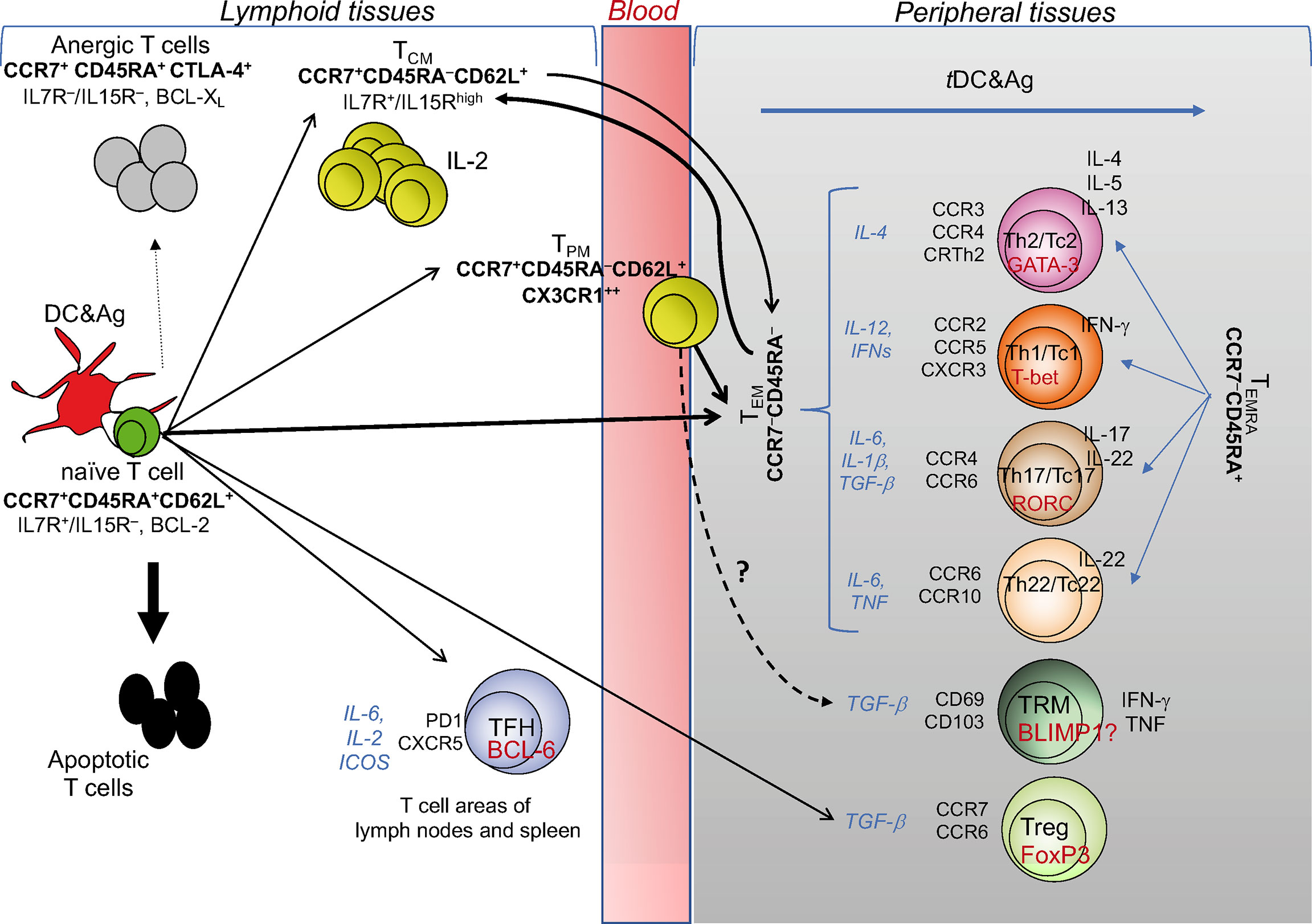
Frontiers T Cell Memory In Infection Cancer And Autoimmunity Immunology

Immunological Memory Biology For Majors Ii

The Adaptive Immune Response T Lymphocytes And Their Functional Types Anatomy And Physiology Ii

Immunologic Memory An Overview Sciencedirect Topics

Immune System Haixu Tang School Of Informatics Human Lymphoid Organs Ppt Download
12 3 Adaptive Immunity Concepts Of Biology 1st Canadian Edition
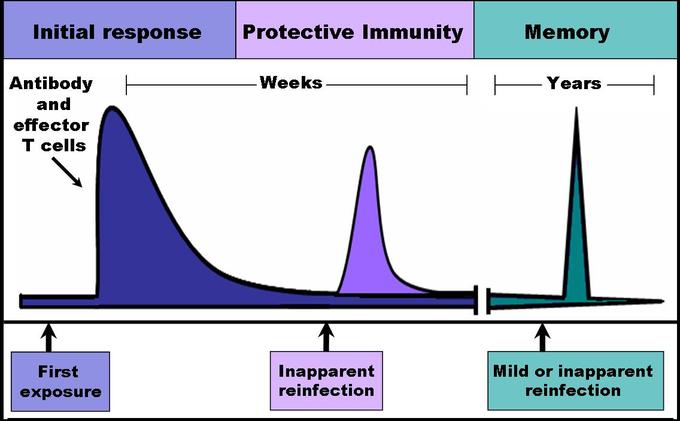
20 6d Immunological Memory Medicine Libretexts
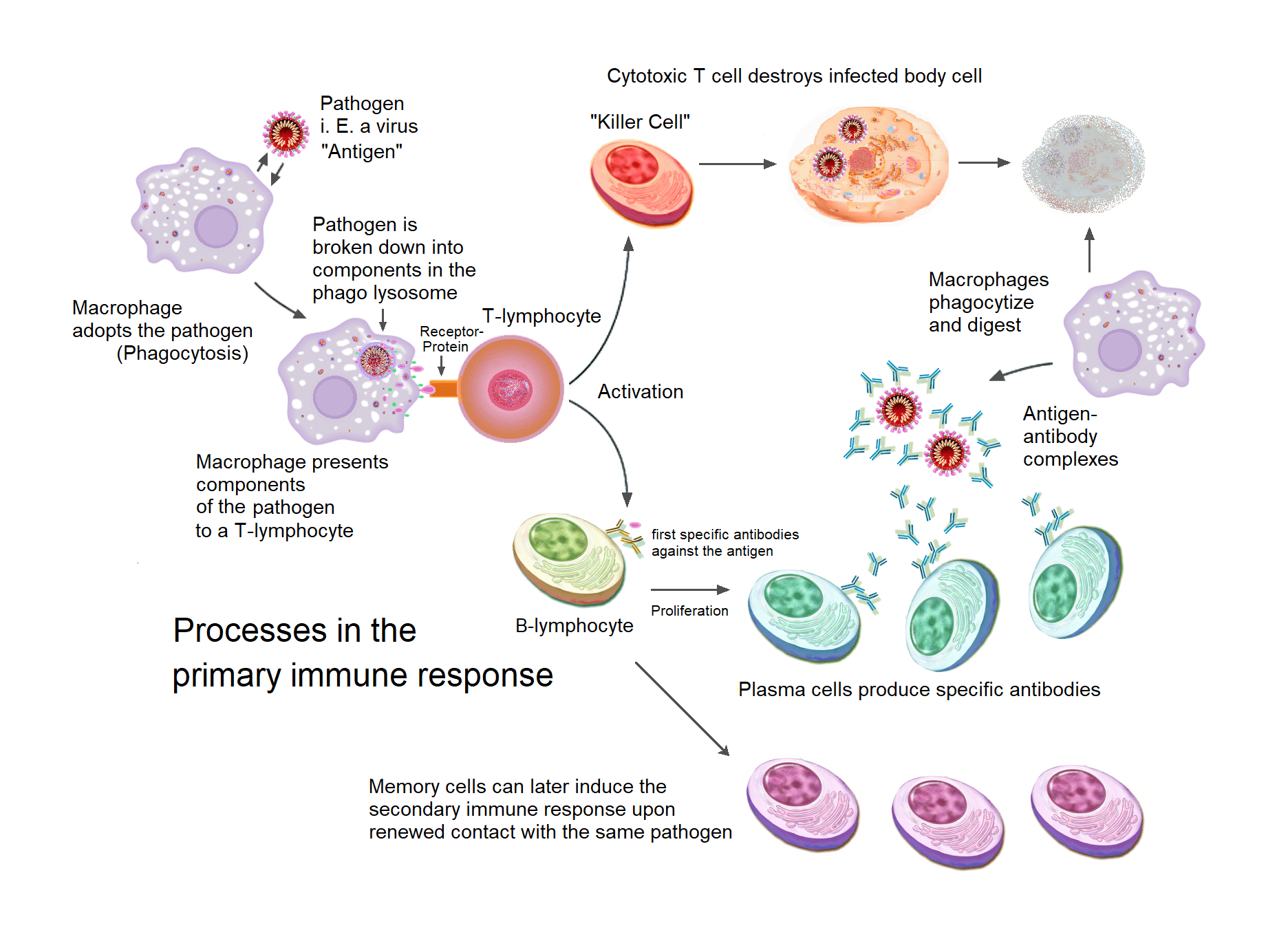
Primary And Secondary Responses Memory Cells Teachmephysiology

The Adaptive Immune Response T Lymphocytes And Their Functional Types Anatomy And Physiology Ii

Memory T Cells What Is Immunological Memory Ppt Video Online Download

Cells Free Full Text The Bone Marrow As Sanctuary For Plasma Cells And Memory T Cells Implications For Adaptive Immunity And Vaccinology Html

Translating Innate Immunity Into Immunological Memory Implications For Vaccine Development Cell
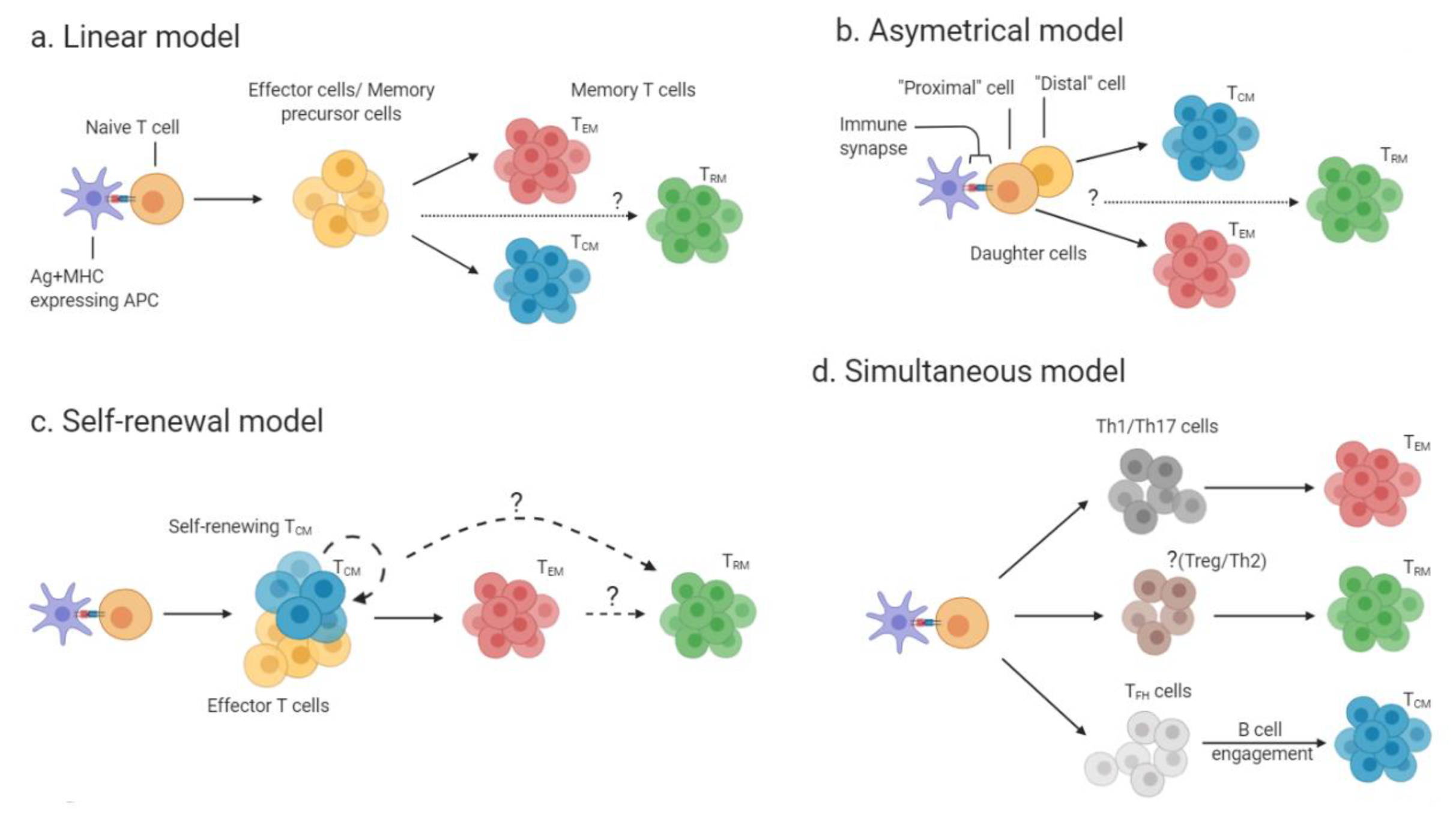
Cells Free Full Text Memory Cd4 T Cells In Immunity And Autoimmune Diseases Html

Translating Innate Immunity Into Immunological Memory Implications For Vaccine Development Cell
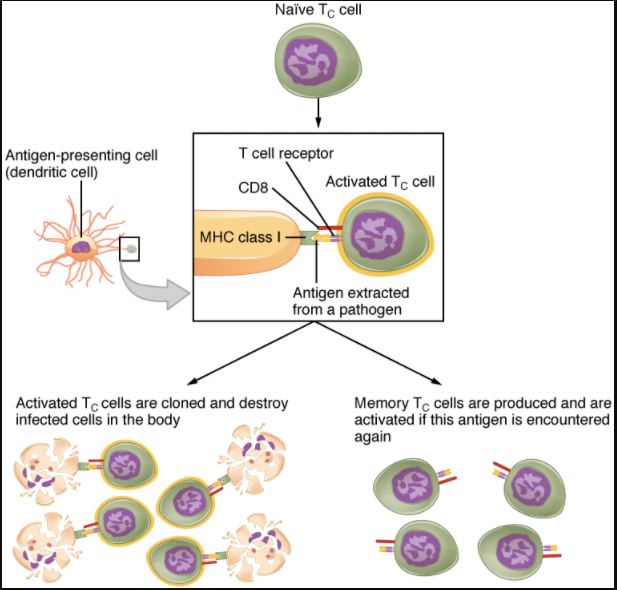
7 3 The Adaptive Immune Response T Lymphocytes And Their Functional Types Fundamentals Of Anatomy And Physiology

The Adaptive Immune Response T Lymphocytes And Their Functional Types Anatomy And Physiology Ii

Comments
Post a Comment